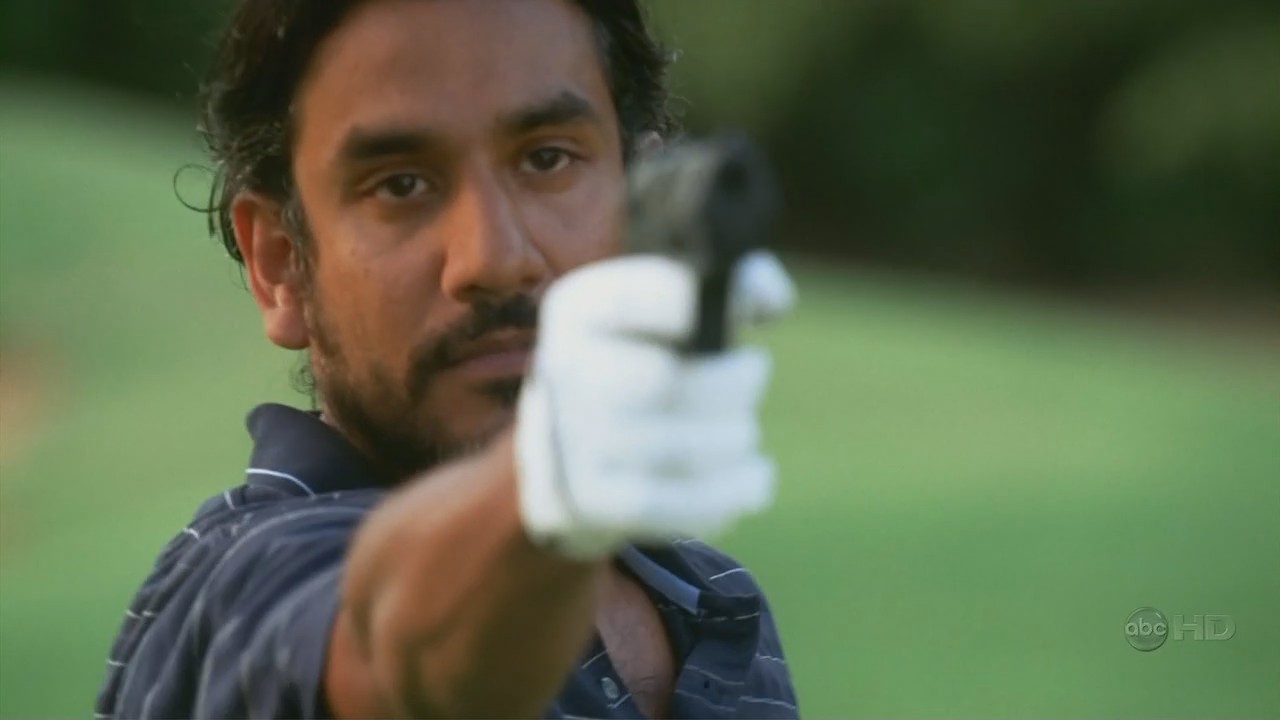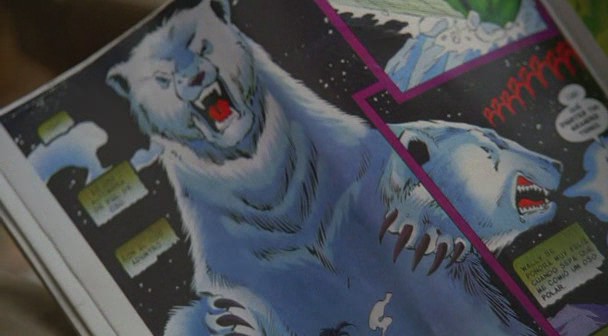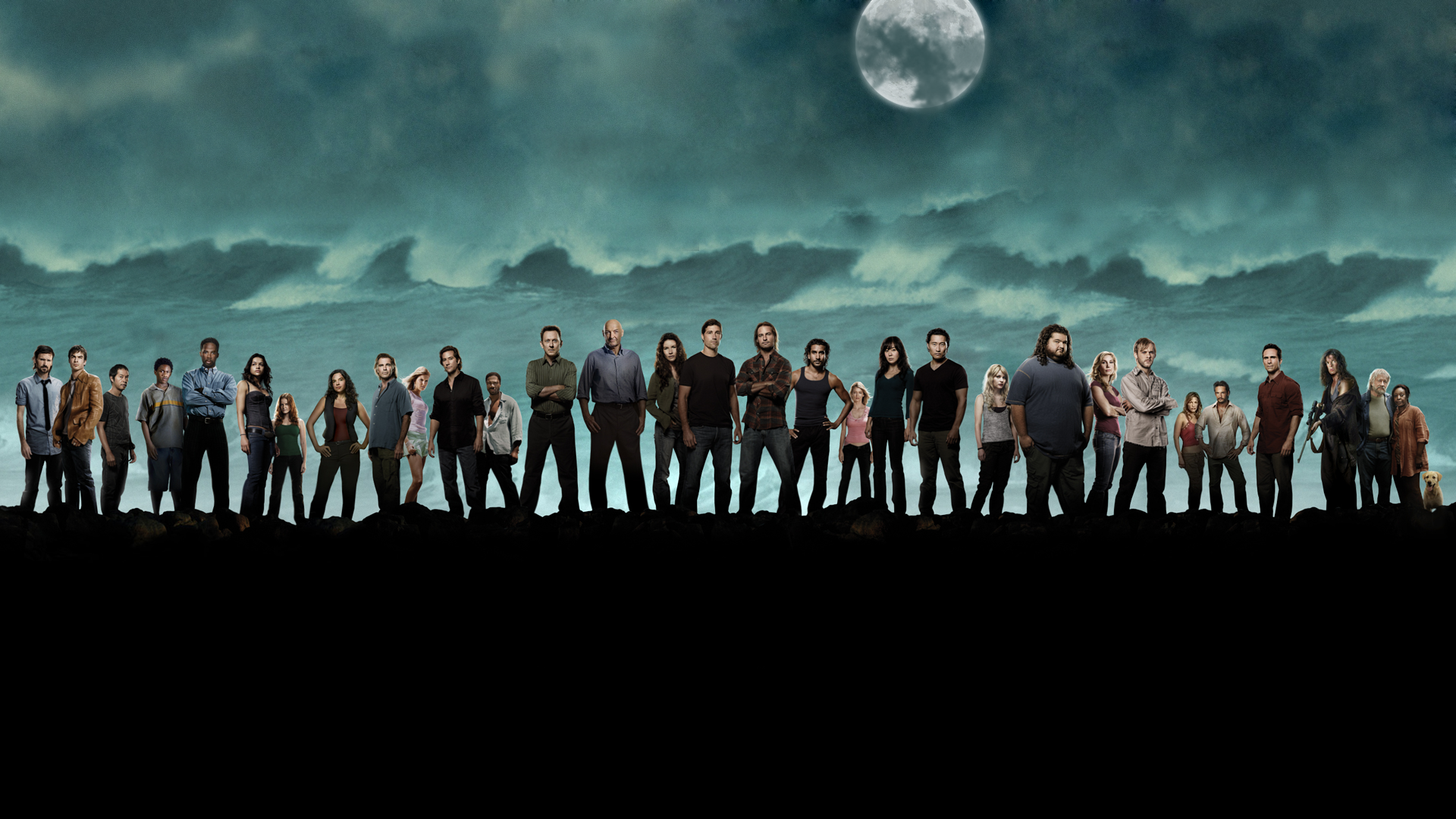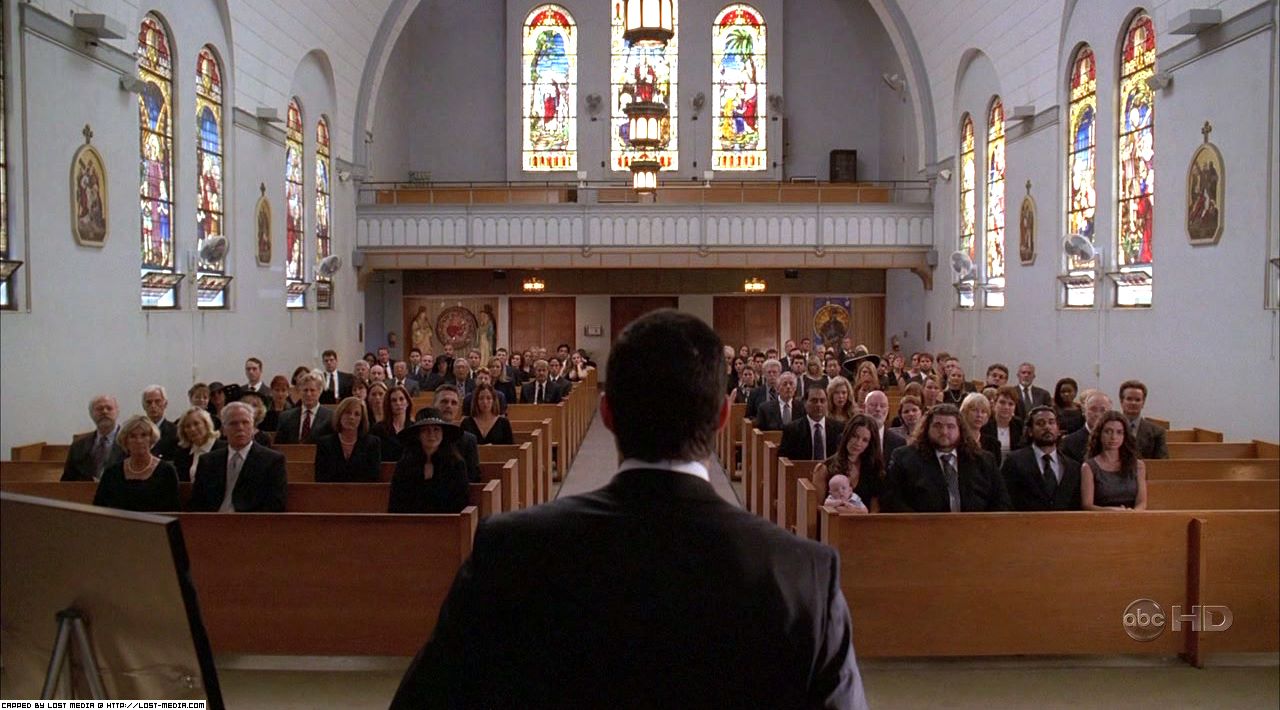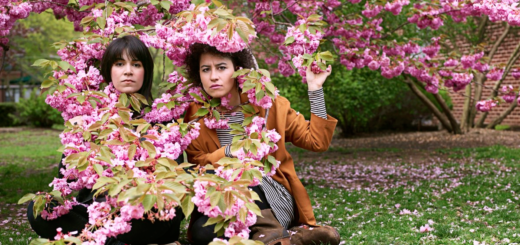THANXFDR: LOST
In this heartwarming seasonal series, the Crossfader staff will be running you through some of the media-related things that they’re most thankful for. Happy Thanksgiving!
If this image is unfamiliar to you, thar be spoilers
It seems the further out we get from that fateful day in May, the more the general opinion of LOST and its key creatives seem to sour. In the court of public opinion, the finale of LOST (and many of its later seasons) are universally derided for being jumbled, desperate, and unfocused on what much of the audience viewed was most important: the mysteries. But LOST was so much more than that and continues to be so much more to me.
To start, here are three big things to understand:
LOST was (along with many of its peers in 2004) one of the shows that heralded a new golden age for television. It showed that big networks like ABC weren’t afraid to experiment; mixing genres and formats, putting “weird” into primetime. It also would impact the kinds of shows that would be developed for years to come (for both good and bad).
LOST was in many ways a reaction to 9/11. While airing three years after, LOST dealt directly and indirectly with the grief that comes from profound trauma and loss. It also featured an Iraqi character (fan favorite Sayid Jarrah) in a heroic role that had him engaging in counter-terrorism efforts in his flashbacks and acting like a general badass in the main timeline.
Only the coolest characters get to engage in leisure sports AND assassinate people
LOST brought about widespread acceptance of genre elements in popular culture and is one of the main reasons why being a “nerd” is “cool” in 2015. While initially a show about surviving on an island, LOST quickly layered on a complex and compelling mythology that included elements of sci-fi and eastern philosophy. When many thought that would drive viewers away, their viewership increased. LOST uncovered a hunger for mystery and the fantastic that had not really been tapped into since THE X-FILES left the air. LOST also had a reverence for popular culture stronger than many television shows that had come before. It wasn’t shy about referencing superheroes, pop music, or other television shows to tell the kinds of stories it wanted to tell. The combination of these two made LOST the rarest of unicorns, a mainstream cult hit, and sparked the industry’s interest in cultivating geek credibility, the fallout from which we are still plagued by (blockbuster superhero movies, “big mystery” serialized television, etc.).
It’s unclear as to whether Lindelof et al. were into comics for the hero’s journey or the polar bears
Knowing and accepting these facts makes it easier to understand why LOST was and still is important, but for me personally it’s much simpler. I’m thankful for LOST because above all else it had brilliant characters and put them into interesting situations. These characters were friends when I dearly needed them and writing inspiration once I found some.
While now a diehard fan, I did not watch the show from the very beginning. Rather, I came to it in a way that many shows are discovered now: online streaming. The summer after freshman year of high school I mainlined the entire series. It became a ritual in my house; I would get back from cross-country practice, take a shower and tuck into a hot breakfast and several episodes of LOST. My family knew to leave the TV unoccupied in the mornings so that I could watch my stories. Watching LOST give me an immense sense of peace. Freshman year had been particularly difficult for me. I had transferred to a public school where I knew no one and had just experienced my first brush with death after my grandfather passed. Friends had never come easy to me, and while I enjoyed what I was learning in school, I did not enjoy the social experience. I was lonely and the characters and mysteries of LOST were the perfect medicine.
The traditional nuclear television family; dog and magical metaphysical island sold separately
As someone who was new to television in general, the notion of deep and relatable characters was compelling to me, especially when it was further and further emphasized with LOST’s favorite storytelling technique: the flashback. Focusing each episode’s flashbacks around a particular character’s past provides excellent occasions for juxtaposition and to better explain their motivations on the Island. This made characters intimately understandable and relatable, while having it be all the more horrifying when they were confronted with many of the unexplained events that the show was loved for.
The now famous mind-fuck ending of Season 3
The finale of LOST’s third season is a perfect example of taking familiar lovable characters and putting them in an unexplainable situation. By now we know all the faults and foibles of main characters Jack and Kate. We know the demons that haunt their past and the will-they-won’t-they relationship they share on the Island, but we’ve never seen them quite like this. Jack has never been this desperate or scared, Kate never this put-together and full of pity. Neither of them together, in a place that looks distinctly not like the Island. This reveal of the “flash forward” concept was fairly revelatory for the show (and very needed heading into the 2007 WGA strike) but it hit home because it made the audience feel for their favorite characters while simultaneously disorienting them.
There is so much that can be said about LOST and just as many ways to analyze its production, writing, and performances to the point that it would be impossible to capture them all in one place. But by rewatching the show and focusing on the characters rather than the mysteries that confounded them, one can find a beautiful narrative journey that culminates in perhaps the most poignant of scenes and messages. In a final sequence set at a church, all of the characters from previous seasons meet up for the funeral of Jack’s father. They hug, kiss and share memories, before all leaving together through a door. A door that presumably leads to the “afterlife.” The point all along was simple: relationships are our most valuable commodity and the only mysteries that matter are the ones we hide inside ourselves.
The only time I’ve enjoyed church
People ragged on the LOST finale because it folded under its own pretentious spiritualism and invalidated half of its last season. I loved LOST and its season finale because it celebrated people, people I had come to love and let them all have a happy ending…together. Thanks for everything LOST. I miss you every day.


